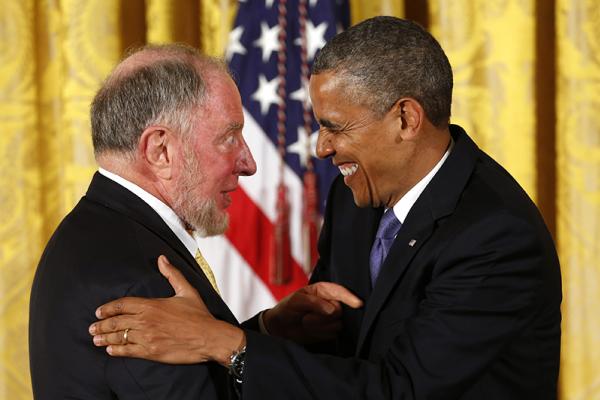Harvard professor Robert Putnam jokingly calls himself “a nice Jewish formerly Methodist boy.”
But the public policy expert’s new book, Our Kids, reads more like a tent meeting revival, complete with an “altar call” at the end. His private meetings and public appearances at the White House and Capitol Hill, and meetings with civic and faith leaders across the country, carry the same fervor.
While evangelists convict people of their sinful ways and then convert them to the path of salvation for the hereafter, Putnam’s focus is more on this side of heaven.
His goal: to awaken and inspire Americans to “save” young people from a future trapped in a spiral of fractured families, poor schooling, and a grim economic future that Putnam says will cost taxpayers trillions of dollars. Trillions.
He is not only aiming for political, social, and religious elites. He’s also aiming at the everyday reader from Boston to Dubuque with a message that failure to act will “undermine democracy and political stability for all.” That’s why the book is subtitled, “The American Dream in Crisis.”
“I’m writing for ordinary people, not the political class. I’m holding up a mirror of American society to the ‘haves’ to say ‘look what we’ve become,’” he said.
Read the Full Article

